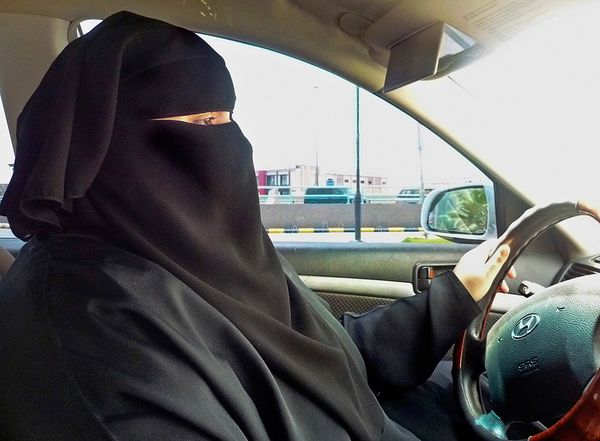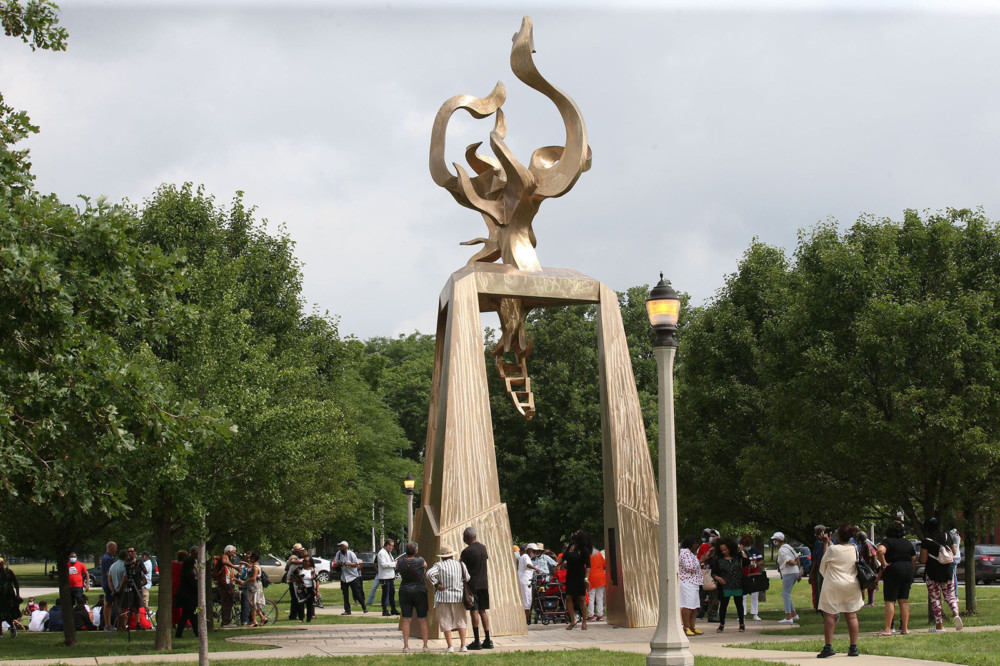Arab News, Jeddah, Saudi Arabia.
WWR Article Summary (tl;dr) Saudi Arabia went from no schools for women in 1960 to universal education (55% of college students are women today) yet women are still prohibited from driving. Saudi Arabia’s foreign minister addresses the issue of empowering women.
MUNICH
Saudi Arabia’s foreign minister defended his country’s treatment of women on Friday, saying it had made progress on female education but would take time to let them drive cars.
“When it comes to issues like women’s driving, this is not a religious issue, it’s a societal issue,” Adel Al-Jubeir told an audience at the Munich Security Conference.
He said it was unfair to fixate on the issue of women drivers, given the Kingdom’s efforts to educate girls.
“We went from no schools for women in 1960 to universal education, to where today 55 percent of college students are women,” said Al-Jubeir.
“Some of our top doctors and engineers and lawyers and business people are women. The issue is one that is evolving just like it is in other countries.”
He compared Saudi Arabia to the United States, arguing that it took 100 years after America’s independence before women were given the right to vote, and another 100 years for it to elect its first female parliamentary speaker. “I’m not saying ‘Give us 200 years’. I’m saying ‘be patient’,” said Al-Jubeir.
“We hope that in the modern world with technology and communications that this process is accelerated, but things take time. We can’t expect to rush things.”
He also said that Daesh militants will only be defeated if Syrian President Bashar Assad is removed from power and this goal will ultimately be achieved.
Al-Jubeir called Assad the “single most effective magnet for extremists and terrorists in the region” and said his removal was crucial for restoring stability.
“That’s our objective and we will achieve it,” he said. “Unless and until there is a change in Syria, Daesh will not be defeated in Syria, period,” he added.
Separately, Iranian Foreign Minister Mohammed Javad Zarif said Tehran and Riyadh must overcome years of strained relations and work for stability in Syria and the Middle East.
Following Al-Jubeir’s speech, Zarif said: “We need to work together.” He added: “Iran and Saudi Arabia cannot exclude each other from the region,” he said. “We are prepared to work with Saudi Arabia … I believe Iran and Saudi Arabia can have shared interests in Syria.”
In Damascus, Syrian tyrant Bashar Assad vowed to retake the entire country but warned it could take a “long time.” Hours before a new cease-fire plan was announced early Friday by world powers in Munich, Assad said he backed peace talks but that negotiations do “not mean that we stop fighting terrorism.”

















































































































































































































































































































































































